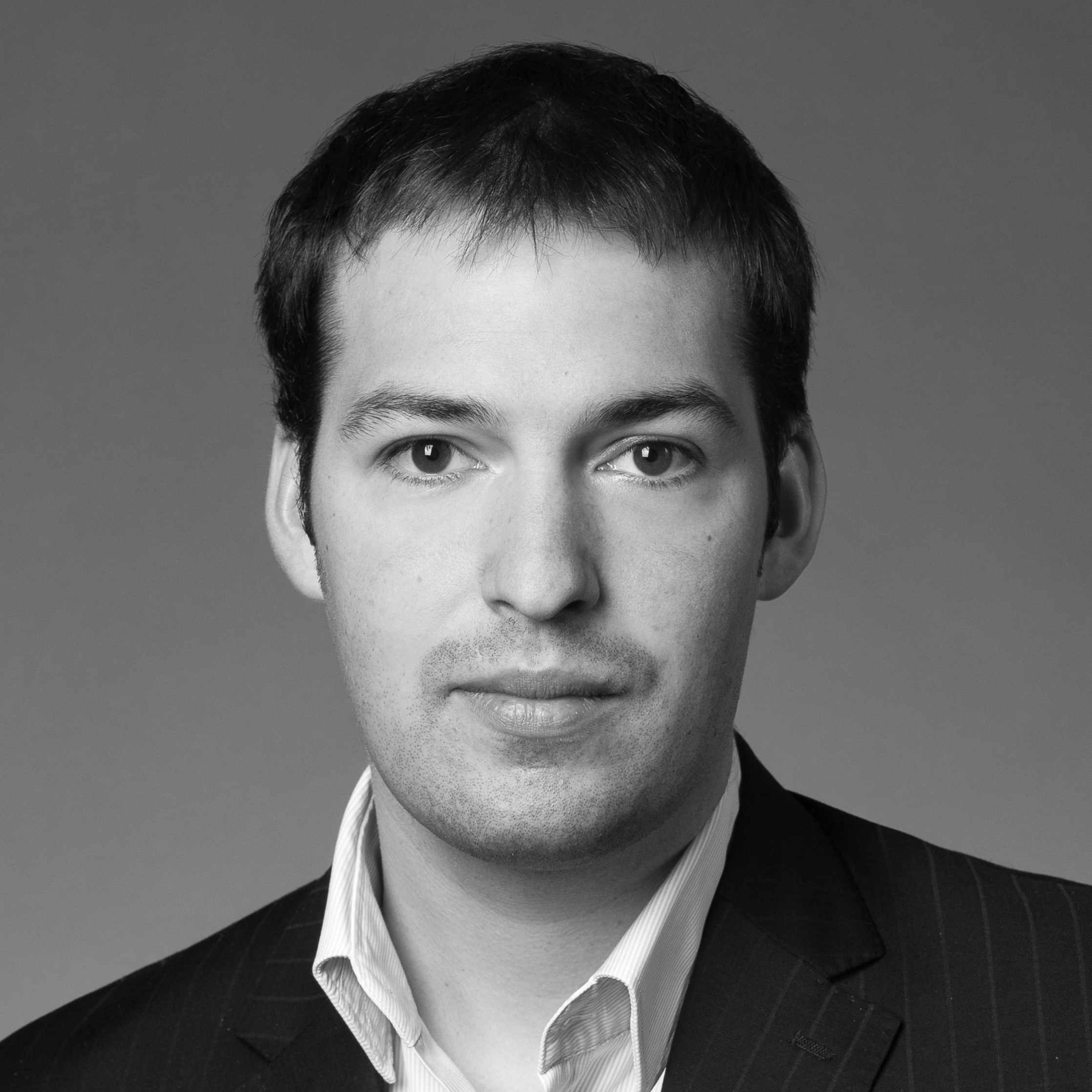The Ethical Challenge of Systemic Financial Distrust


Author:
Friedemann Bieber & Dr. Juri Viehoff
Edition:
6th edition (2016/2017)
Keywords:
Crisis / Regulation / Trust
Read the beginning of the text
In one of the opening sentences of his Meditations on First Philosophy René Descartes observes that “it is prudent never to trust completely those who have deceived us before” (1996 [1641]: 12). Some 350 years later, Lady Gaga, in her song Telephone, agrees: “Trust is like a mirror, you can fix it if it’s broke, but you can still see the crack in that [expletive]’s reflection!” The near-universal human truth that these two very different thinkers – each in their own idiom – stress is that once it is lost or betrayed, trust is very hard to regain and may never fully recover.
It is this insight that the financial industry has painfully had to confront over the tumultuous last decade. First, there was the internal breakdown of trust amongst market participants that triggered, magnified and perpetuated the global financial crisis (Roth, 2009; Shiller, 2008; Krugman, 2013). Second, there was an accompanying external breakdown of public trust in those working in the financial industry, its major organizations, and, crucially, the financial system’s ability to fairly deliver prosperity. In a 2016 study, only 8% of Americans said that they trust their house-bank or financial intermediary, a figure that used to be well above 50% prior to the crisis (Close, 2016). Another study persistently ranks the financial sector as the least trustworthy industry (de Bruin, 2014; Edelmann, 2016).
